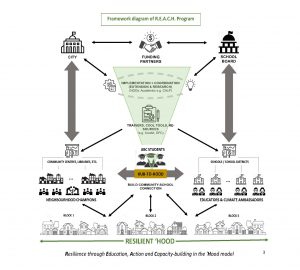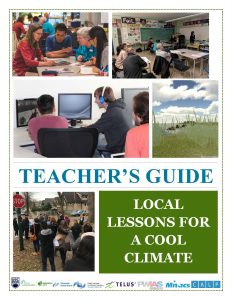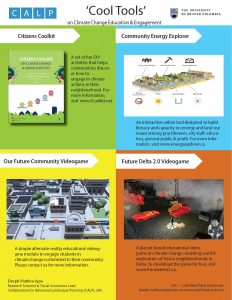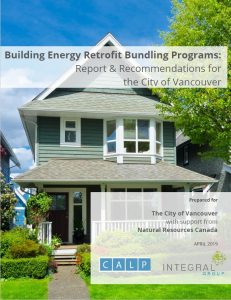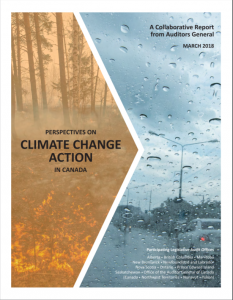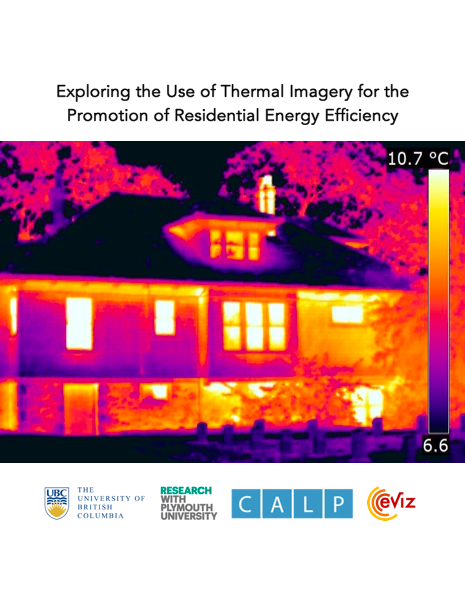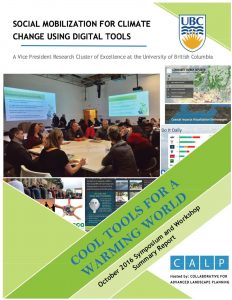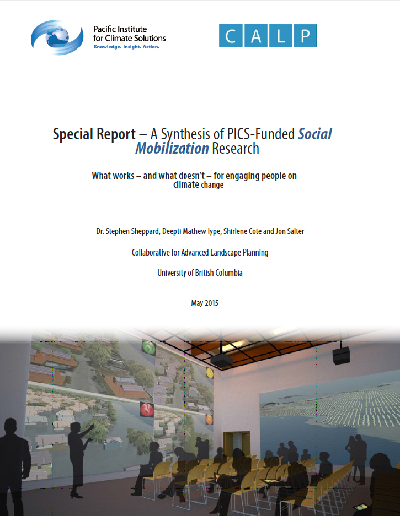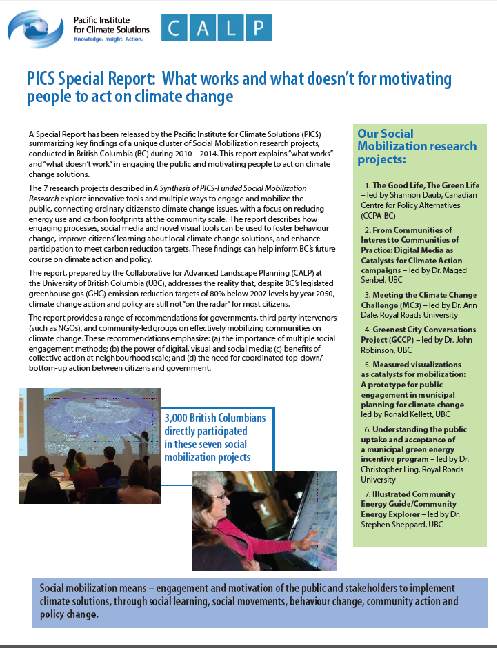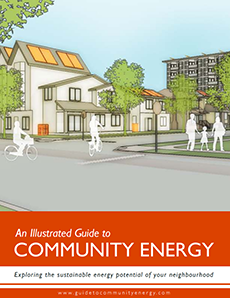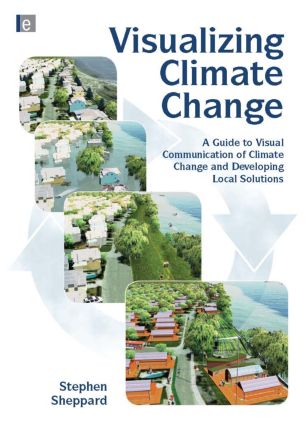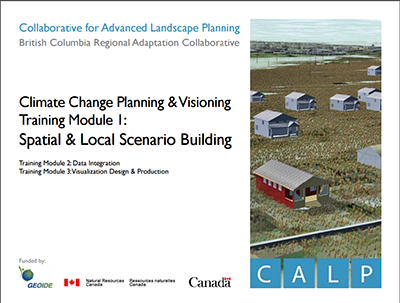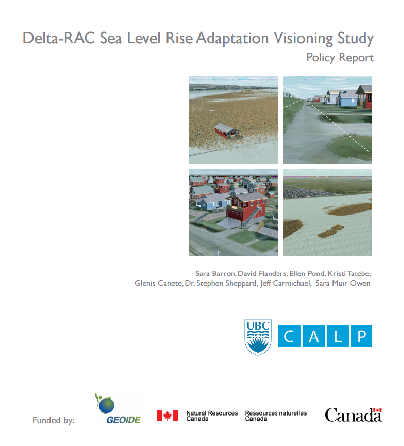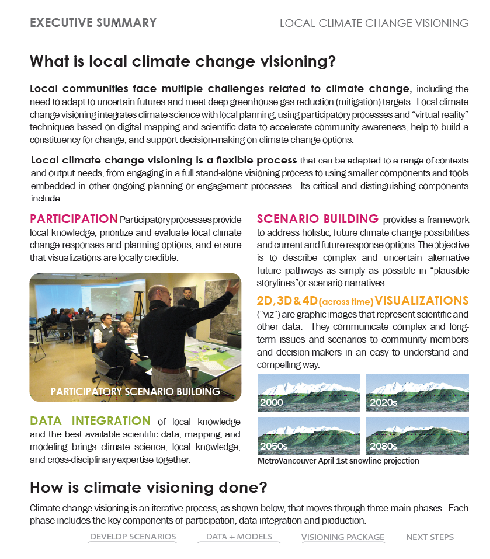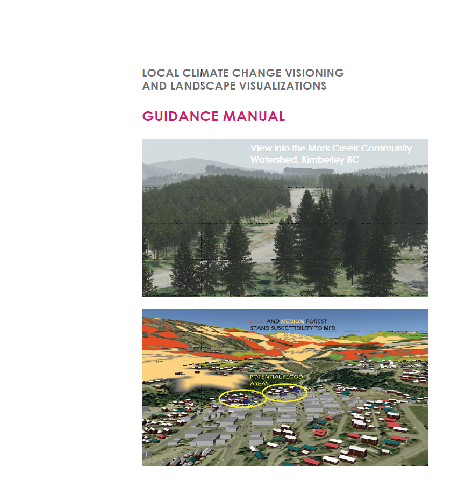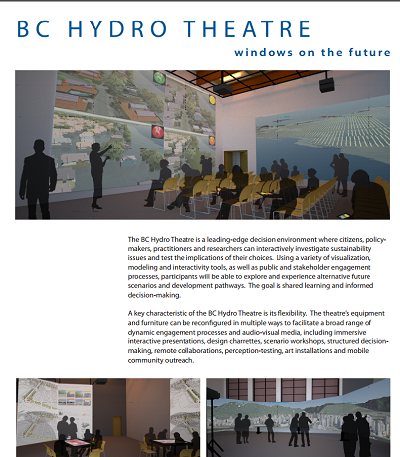The Resilience through Education, Action & Capacity-building in the ‘Hood (R.E.A.C.H.) Program is designed to scale-up climate preparedness and urban forest stewardship through a structured, multi-pronged community-led approach that will recruit, train & empower local champions at the block scale, with an outcome of establishing engaged, resilient, healthy, inclusive and thriving ‘hoods. To participate or know more, email us at deepti.mathewiype@ubc.ca.
Teacher’s Guide on Local Lessons for a Cool Climate (DRAFT-June 2019)
This Guide has 12 lesson plans, tailored to the new BC curriculum to help teachers engage students on local climate change education & action. These are few of the many modules that will be developed gradually within the Teacher’s Guide. The completed modules and lessons can be accessed here. For any questions, feedback and/or suggestions, email us at deepti.mathewiype@ubc.ca.
Cool Tools on Climate Change Education & Engagement (August 2019)
This poster lists the 4 main ‘Cool Tools’ developed by CALP (along with their download links/websites). For any questions, feedback and/or suggestions, email us at deepti.mathewiype@ubc.ca.
Energy Retrofit Bundling Report & Recommendations: Prepared for City of Vancouver (April 2019)
This report reviews existing policies and practices from other jurisdictions to identify the potential for implementing a building energy retrofit program for low-rise residential buildings in Canada. Specifically, the report focuses on the potential of single family homes in Vancouver to meet its carbon emissions reduction goals. For any questions, email us at kanchi.dave@ubc.ca
A report by Canada’s auditors general summarizing “the state of climate change action in Canada.”
Mass Thermal Imaging Report: Prepared for City of Vancouver (March 2017)
Identify and recommend best practices communication and engagement with homeowners on large-scale thermal imaging and relevant research on thermal imaging. Intended to provide the City of Vancouver with an overview and recommendations on the use of thermal imaging for energy efficiency retrofits that can promote the uptake of energy efficiency measures amongst homeowners.
Cool Tools Summary Report (October 2016)
Summary and Findings on the Social Mobilization for Climate Change using Digital Tools (Cool Tools) Symposium and Workshop.
PICS funded Social Mobilization Research Full Report (May 2015)
This report explains “what works” and “what doesn’t work” in engaging the public and motivating people to act on climate change solutions. Included in this report is a brief summary of the BC context for social mobilization, as well as key findings from the literature on psychology of behaviour change, social movements, social learning and place based approaches. Click here to view the Preliminary Report.
PICS funded Social Mobilization Research 2-pager (May 2015)
A two page summary of PICS funded Social Mobilization Research Report.
Community Energy Guide (May 2013)
This guide shows how local involvement in community energy systems can promote more sustainable and secure energy futures. The guide explores concepts of community energy as opportunities for addressing energy and climate change challenges in our communities. View the interactive Community Energy Explorer website here.
Visualizing Climate Change Book (2012)
Visualizing Climate Change, by Stephen Sheppard, is a guide to using visual media in communicating climate change. This book vividly brings to life the science, the local realities, and the practical solutions for climate change, while introducing powerful new visual tools for communities, action groups, educators, and experts to engage the public, build awareness and accelerate action on the world’s greatest crisis.
Delta-RAC Training Modules (2012)
These training modules are designed to enable users across Canada to develop their own local scenarios, identify relevant spatial data, assess visualization needs, and determine visualization media and production methods for local implementation. These training modules incorporate Delta RAC, and other prior CALP visualization materials.
Delta-RAC Project Sea Level Rise Adaptation Visioning Study – Policy Report (2012)
The Delta-RAC Sea Level Rise Adaptation Visioning Study (Delta-RAC) builds on prior work between CALP and Delta, using adaptation scenarios and 3D landscape visualizations in a visioning process to explore a range of alternative response options to sea level rise. The goal is to support decision-making and further policy development for flood management in the Corporation of Delta.
Local Climate Change Visioning and Landscape Visualizations Summary (2010)
5 page executive summary of Local Climate Change Visioning and Landscape Visualizations guidance manual.
Local Climate Change Visioning and Landscape Visualizations (2010)
The guide is intended to be used by local communities: decision-makers, sustainability citizen groups, and others, to help develop resilient local communities in an uncertain climate change future. The guide is based on a pilot Visioning and Climate Adaptation Project in the City of Kimberley in 2008-2009, as well as previous CALP work on other visioning and visualization projects.
A new Decision Theatre for visualisation, participatory mapping, and community capacity-building on visioning methods was officially opened at the beginning of November 2011. The Decision Theatre is part of the new super green building and UBC Sustainability Initiative called CIRS.
